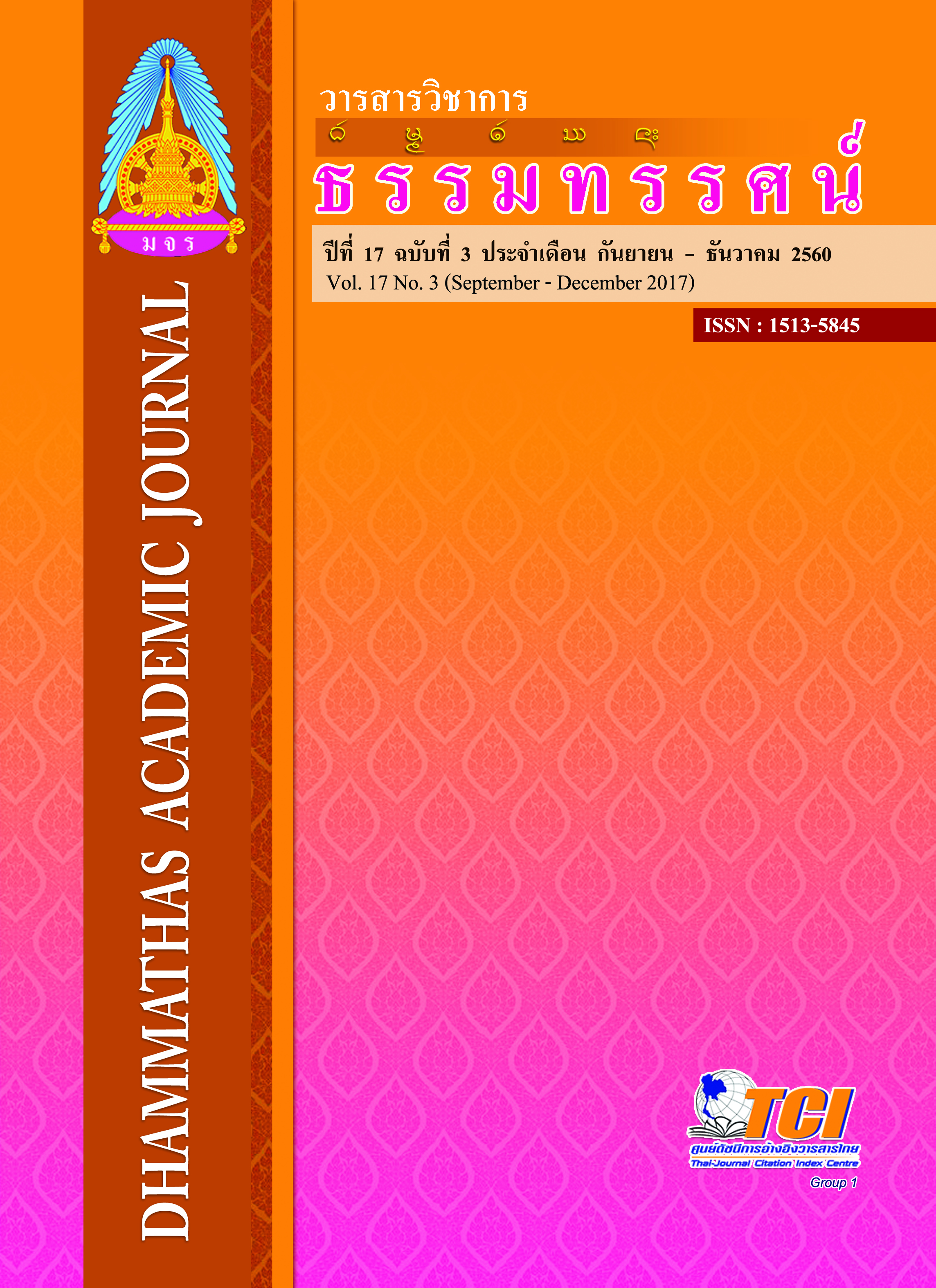The Integration Guideline of the Rule of Law in Buddhism Protection Act
Main Article Content
Abstract
The Article 29 of the Sangha Order Act prescribes “Any monk who is arrested, being accused of violation of the civil law, and being deemed by the enquiry officials or the state prosecutors that the temporary release should not be bestowed upon him, shall be forced to give up his monkhood.” Its provisions clearly run counter to the Code of the Monastic Rules as well as the Constitution. Not only does it provide any ill-wishers with a wider opportunity to allege a monk and force him to leave monkhood, but also it does not protect an innocent against the groundless accusations, and it equips the enquiry officials with unlimited power. The situation would generate a negative reaction among the Buddhists in view of such non-equitable treatments toward the monk. It is possible that any treatment without mandate legal procedures would instead cause the punishment of a scapegoat or an innocent rather than a real wrong-doer.
